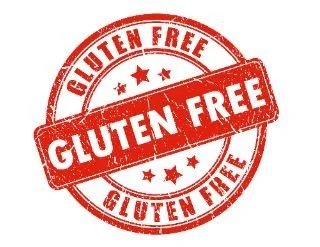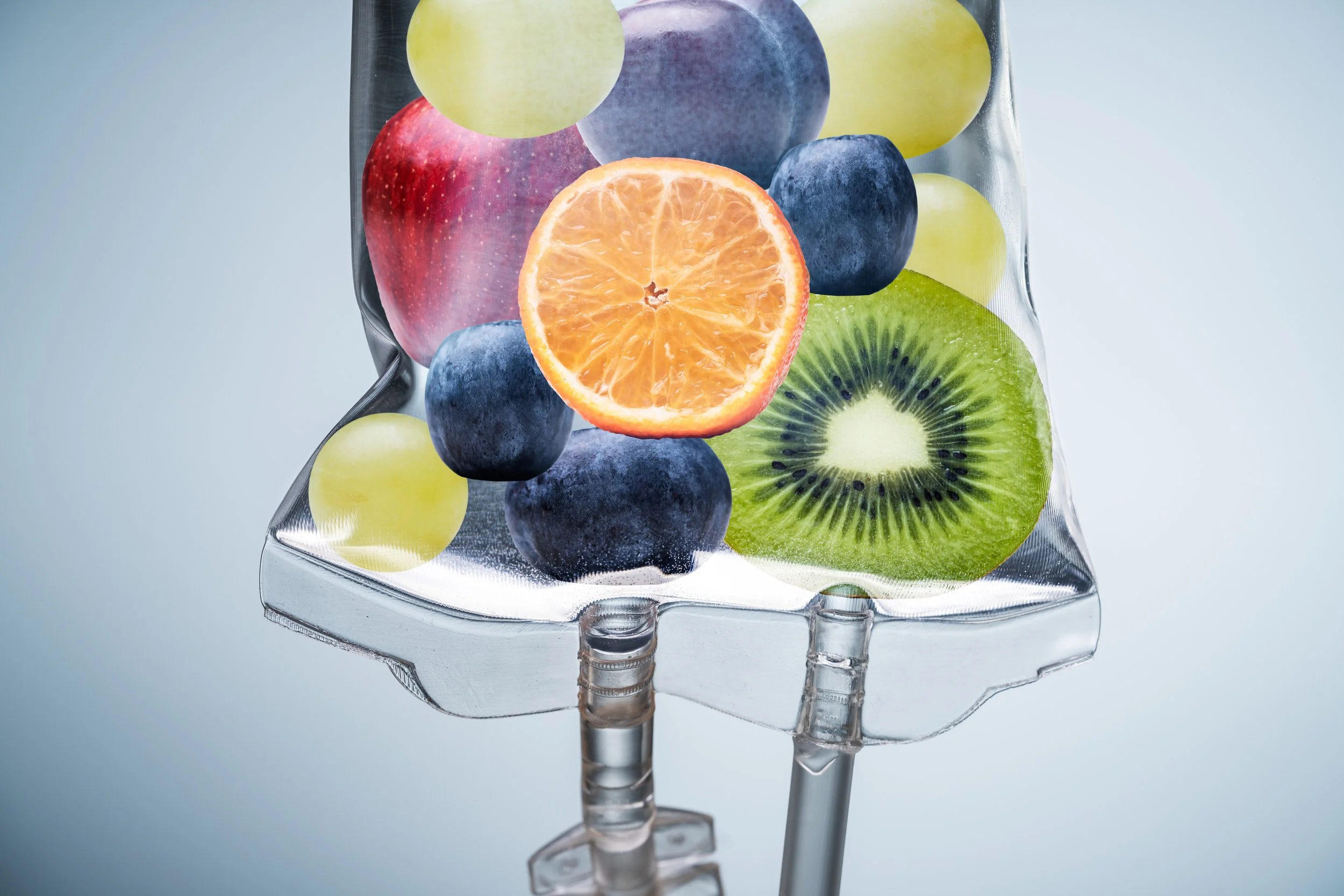Real World Nutrition News You Can Use
There is a lot of misinformation about nutrition. And nothing in this field is black-or-white, yes-or-no, but many shades of gray and a lot of “it depends.” So, my goal is to help clear up some of that misinformation with some snark, entertainment, and facts (with some opinion thrown in).
Many of these topics come from interactions with the public, friends, clients, and students. I see sheer misinformation about the science of nutrition, and I do my best to clear things up one blog post at a time.
If you have a topic you are wondering about, let me know.
Looking for a specific topic? Search to see if it is already here.
Is coffee good for me or not?
Growing up, too much coffee was not a good thing. At least that is what the commercials on television told me. Not that I drank coffee as a kid. Seeing those commercials made me think that this was not a good thing to consume. And what was too much coffee? In some cases, having only half a cup was an acceptable amount in any more than that was not. Only half a cup because my doctor said so.
Chocolate Milk and Post Exercise Recovery
Over the years, I have gotten many questions about what a good post-exercise recovery meal or drink is. While there are many protein drinks and recovery options, I come to the table with a budget-friendly option: chocolate milk. Many years ago, when my husband asked about a post-exercise recovery option, I suggested chocolate milk, and he said, “no I mean something with protein in it that can help with my recovery.” So, I said, “chocolate milk!”
September is Fruit and Veggies Month
Why we need to focus on a specific month for fruits and vegetables, I don’t know. Let’s devote the entire YEAR to fruits and vegetables. Focus on eating fruits and vegetables every day of every month of the year. However, here we are in September, formerly “National 5-a-Day Month,” and it is now “Fruit and Veggies Month.”
Why do nutrition recommendations keep changing?
Something I hear often, and you may have even said it: nutritionists are constantly changing their minds! If people are allowed to change their minds, and dietitians are human, aren’t they given the same freedom as other humans? The field of nutrition, a science, is supposed to have the answers and never be allowed to deviate from the original recommendation or supposed solutions from the start.
Restaurant Menu Labeling
Have you noticed? The calories listed on the menu of your favorite restaurant? They are likely there, but they may have escaped your attention. But they aren’t on all restaurant menus? Why are they there on some menus, but not on others?
The Truth About Blue Foods
It’s been well known to my friends, students, and people in my social circle that I am not a fan of blue foods. Therefore, I go out of my way to avoid blue foods. People ask why? I say because there’s no such thing as blue food. Then, of course, everybody has their comeback of our blueberries blue. No, they aren’t. They are purple on the outside and green on the inside. Look closely. When I make a smoothie with blueberries, it’s purple. When I have infused water with blueberries, it’s purple. Not once has it ever come out blue.
Gluten-Free!
In case you haven't heard, in recent years, "gluten-free" is now mainstream. Twenty years ago, most people had never heard of gluten. While eating gluten-free is not considered a weight loss plan or a diet to lose weight, many people choose this route for various reasons, including that supposed weight loss. Many people need to eat gluten-free, such as celiac disease, an autoimmune disease exacerbated by the protein gluten. People with gluten intolerance also appear to benefit from eliminating gluten.
What Are The Benefits Of Mushrooms?
Not too long ago, I questioned which food group mushrooms go in. I tend to put them in the vegetable category over any other food group. I checked on the mushroom council website to double-check, they are not a vegetable, but it is okay to categorize them as vegetables for nutrition purposes.
Can you outsmart your genes?
In all the years that I’ve been doing the work as a dietitian, I have come across many people who say that they have a genetic predisposition for certain diseases, so how much can eating healthier change that? For example, if you have a family history of type 2 diabetes, is it your destiny to get type 2 diabetes? Or can you resist it and not ever get it? If you have a family history of Alzheimer’s, can you change your lifestyle to reduce your chances of getting it? In many cases, yes.
Are Superfoods Really “Super”?
Many people use the term “superfoods” to elevate the benefit of certain foods. Elevate may not be the correct term, but this is what I’m using in this case. I used to use the term superfood all the time, even going so far as to teach a class on various superfoods. I don’t use this term very often, and I don’t use the term functional food or nutraceuticals as often. But, again, this is because it can potentially lead to a health halo effect or people believing that if they eat these foods in these categories, they can still eat poorly in other areas of their diet.
Where do we get energy?
My recent post about energy drinks mentioned that if the beverage has no calories, how can it have energy? This post made me remember that not everybody understands or knows where energy comes from or how we define "energy" in the field of nutrition. In the science of nutrition, we measure energy in the unit of calories. Calories are what the body uses for energy. We get energy from the foods we eat, specifically foods that contain nutrients that have calories or energy. We call these the "energy nutrients." There are four sources of calories in the diet – and only three are nutrients.
Are Energy Drinks Safe?
Are energy drinks safe to consume? The nature of these beverages, their ingredients, and sometimes the manufacturer's choice makes it complex how these are regulated. As a food, the FDA regulates them. They are not regulated (in the way people think they would be) if they are classified as a supplement. They are consumable beverages; however, adding certain ingredients to these energy beverages could put them under the purview of supplements. And on top of that, the potentially high caffeine content could technically fall under the category of drugs.
What is Clean Eating?
Something I hear all the time is the term "clean eating." I remember reading about it many years ago in a fitness magazine – it was throughout the entire magazine, and this was a new term to me. I wasn't even sure what it meant. As a dietitian, I was surprised at this term related to eating and that I didn't know what it meant. One of the reasons for me not knowing what “clean eating” means is that there is no official definition of clean eating. Many "diets" or ways of eating are flexible, and the approach varies based on the individual.
Is Coconut Oil a Healthy Fat?
For many years, I’ve heard people spouting the benefits of coconut oil. There are all kinds of claims related to coconut oil and how it can prevent heart disease, treat Alzheimer’s disease, is antibacterial and antimicrobial, and can treat cancer. Even help hormone balance and cure diabetes? And help with hair and skin. Coconut oil is the best oil under the sun, and we should buy it by the bucketful. Or should we?
Do you need IV Therapy?
Have you heard of IV therapy? IV therapy is getting intravenous fluids outside a medical or hospital setting for therapeutic use and not for medical "need." Anyone who's ever been to the hospital, emergency department, or urgent care (or even seen this sort of thing on television) knows that an IV is a common way for the medical staff to deliver medications and assist with overall hydration. IV therapy is available outside of this setting for apparently healthy people at medical spas, wellness centers, and even in your own home (not self-administered, but someone coming to your home to administer it). Is this something you should consider?
What Food Group Does That Go In?
I recently was in a discussion group with fellow dietitians and asked, “when did corn become a grain?” But, confusion about foods and food groups isn’t among just dietitians. Many people may be confused by this and other food group classifications. You see, not all foods fit nicely into one specific food group. Some foods don’t fit into the classic five food groups that we have today. And that is OK.
The Health Benefits Of Nuts
Which nut is the best one to choose? That isn’t a simple answer, All the nuts have health benefits. As much as I would love to pick one as the best, I can’t, so here is a rundown of the various nuts’ calorie, protein, fiber, and fat content.
How much protein do you need?
Many people think they aren’t getting enough protein (when they are) but they aren’t eating it “right” during the day. Is there a “right way to get your protein? There sure is.
What Are Sources of Protein in the Diet?
What are sources of protein? Besides meat? It is not uncommon for people to think of only meat, which I am using as a term for any animal flesh that includes fish, poultry, and red meats. But they are not the only source of protein in the diet. And even if someone doesn’t eat meat every day, likely, they are still getting enough protein.
Five Foods That Are Always in My Pantry
The pantry is a catch-all that can have a lot of things that are infrequently used relative to others. Examples include baking items like baking soda, baking powder, vanilla extract, different sugars, baking chocolate/cocoa, and flour. In addition, biscuit mix, tea bags, herbs and spices, condiments, and other staples are there but not used weekly or even monthly.




















